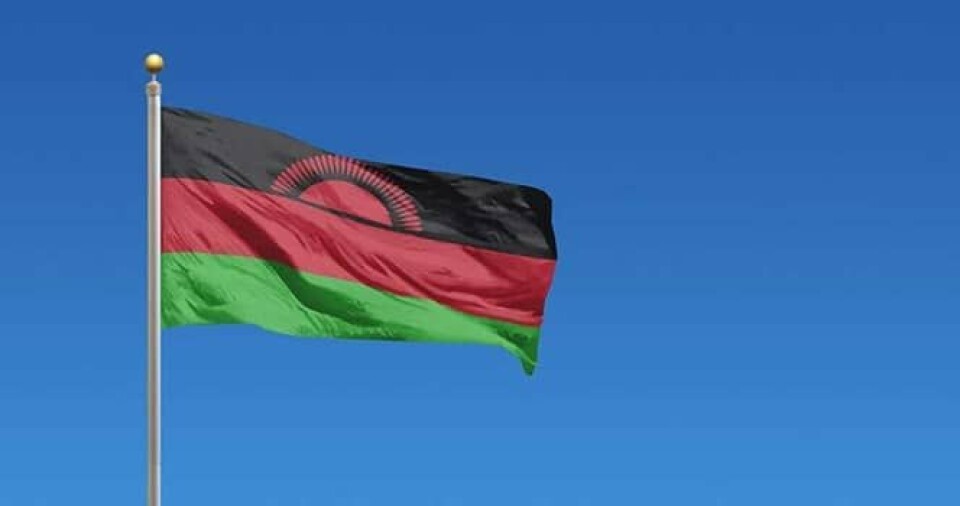This is spite of a ruling earlier this year which purported to outlaw capital punishment and which the majority of the court has now “disassociated” themselves from, saying the judge tasked with writing it was acting on a folly of his own.
Earlier this year the Supreme Court of Appeal considered arguments regarding the rights of those who had committed crimes which attract a mandatory sentence of death, to be heard prior to being sentenced.
The majority of the court agreed that those facing the death penalty should have the right to address the court, and further pronounced that the death penalty itself was unconstitutional.
But now the court has “perfected” its judgment.
And, it says that Judge Dunstain Mwangulu, who was tasked with writing the initial judgment, had “taken an opportunity to go beyond what was really on appeal” by pronouncing on the constitutioanlity of the death penalty.
Judge Rezine Mzikamanda, writing the “perfected” ruling, now says the rest of the panel was surprised by the approach taken by Judge Mwangulu who had made fundamental changes to the draft, circulated and agreed upon.
“The position and conclusion on the constitutionality of the death penalty remains a minority view…..the majority agreed that the appelant be accorded a re-sentence hearing.
“The majority disassociate themselves from the views and conclusions made on the constitutionality for absence of appropriate procedure for declaring a law or statute unconstitutional,” Judge Mzikamanda now says.
He noted there had previously been a landmark decision which outlawed the mandatory imposition of the death penalty and because of this many cases had been brought back to the high courts for sentence rehearing.
The case before them was that of Charles Khoviwa who was tried and convicted of murder and sentenced to the mandatory death penalty, prior to the landmark case.
He applied to the high court for a sentence re-hearing but his application was refused.
He then turned to the Supreme Court of Appeal which agreed with his grounds of appeal, ruling that he was entitled to a sentence re-hearing in the same way other murder convicts who had been sentenced to the mandatory death penalty were allowed to.
Judge Mzikamanda said the record was clear: No party had raised the issue of constitutionality of the death penalty and there had been no legal argument on the matter.
“It must be reiterated that this court has, on a number of occasions, emphasised the importance of following appropriate procedure for declaring any law or provision of a statute unconstitutional.
“It is imperative that the Attorney-General be put on notice,” he said, with the majority disassociating themselves from Judge Mwangulu’s constitutional pronouncement.
In a separate judgment, Judge Anaclet Chipeta, said he too “totally dissociated himself” from Mwangulu’s judgment which was “merely an expression of his personal opinion”.
“He has made pronouncements on the constitutionality of the death penalty in Malawi when it was not an issue in the present appeal and where he has ended up aboloshing the penalty on the pretext that it is unconstitutional which was no business of the appeal we had to determine.”
To join Africa Legal's mailing list please click here

